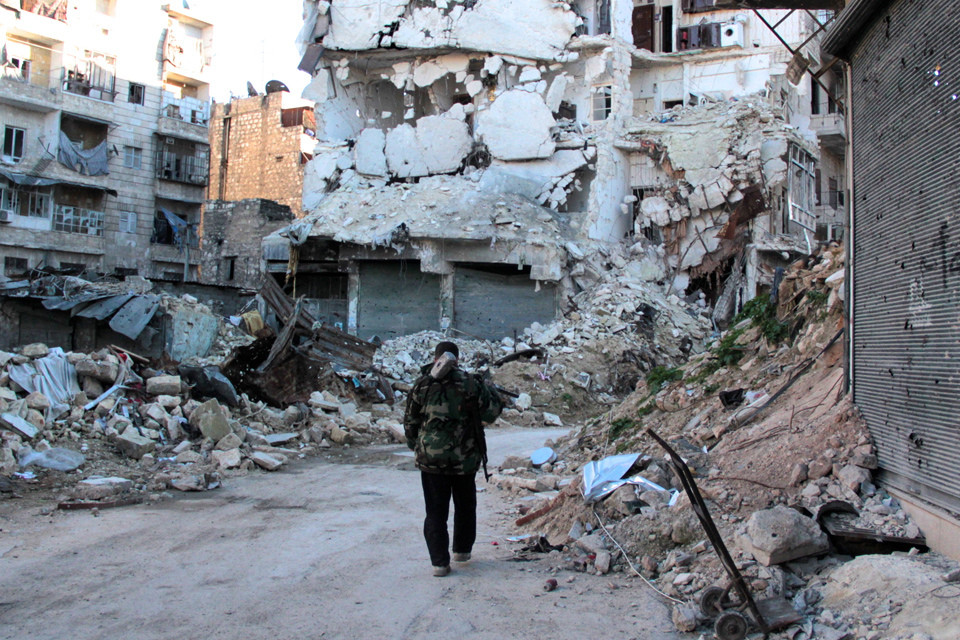 Contemporary Security Policy is seeking proposals for the anniversary special issue to be published in 2019 (volume 40). The special issue should address a topic within the aims and scope of the journal.
Contemporary Security Policy is seeking proposals for the anniversary special issue to be published in 2019 (volume 40). The special issue should address a topic within the aims and scope of the journal.
One of the oldest peer reviewed journals in international conflict and security, CSP promotes theoretically-based research on policy problems of armed conflict, intervention and conflict resolution. Since it first appeared in 1980, CSP has established its unique place as a meeting ground for research at the nexus of theory and policy. Major fields of concern include:
- War and armed conflict
- Peacekeeping
- Conflict resolution
- Arms control and disarmament
- Defense policy
- Strategic culture
- International institutions
CSP is committed to a broad range of intellectual perspectives. Articles promote new analytical approaches, iconoclastic interpretations and previously overlooked perspectives. Its pages encourage novel contributions and outlooks, not particular methodologies or policy goals. Its geographical scope is worldwide and includes security challenges in Europe, Africa, the Middle-East and Asia. Authors are encouraged to examine established priorities in innovative ways and to apply traditional methods to new problems.
Special Issue Information
Special issue proposals should contain (in one PDF document):
- A short discussion of the rationale and contribution of the special issue (3 pages max). Please also state why the topic falls within the aims and scope of the journal and why the proposal would be of interest to a large audience.
- Contact details, institutional affiliation, one paragraph biography of the special issue co-editors, and three recent publications of each of the co-editors. Feel free to include a link to the personal website of the co-editors. Do not submit full CVs.
- A list of confirmed articles and authors. Please include for each article (a) the title; (b) 150 word abstract; (c) a very short statement how the article contributes to the special issue and why it needs to be included; (d) a one paragraph author biography; and (e) three recent publications of the author(s).
- The current state of the special issue. Please describe the background (e.g. previous workshops and conferences) and the timeframe towards the submission deadline.
The special issue will consist of a substantive introduction, 6-7 articles and possibly a conclusion. The introduction should stand on itself. It should serve as a state-of-the-art article and be a reference point for all the other articles in the special issue. It is recommended that special issue proposals include 9-10 articles. All articles will be sent by the journal for peer-review on an individual basis. It is unlikely that all articles will eventually make the cut.
Most articles in CSP are around 8,000-9,000 words (including notes and references). However, manuscripts up to 11,000 words are accepted, for example when they include multiple case studies or use mixed methods. Total word limits will be discussed in case of acceptance.
Please submit your application (one PDF file) to csp@nullmaastrichtuniversity.nl. The deadline for the special issue proposal is 15 December 2017. The decision will be announced soon afterwards. The decision by the editor is final. All articles, including the introduction, will have to be submitted by 15 May 2018.


 Contemporary Security Policy is seeking proposals for a special issue to be published in 2018. The special issue should address a topic within the aims and scope of the journal.
Contemporary Security Policy is seeking proposals for a special issue to be published in 2018. The special issue should address a topic within the aims and scope of the journal.

